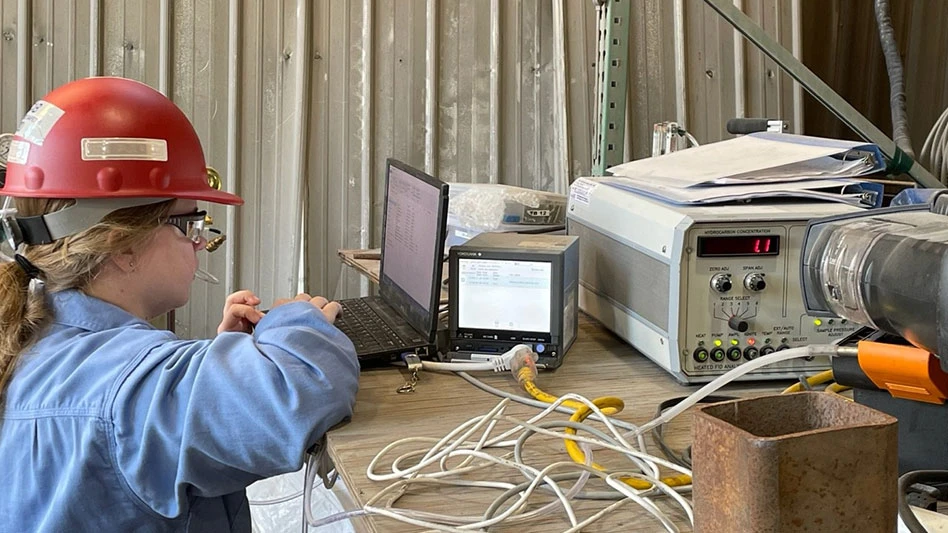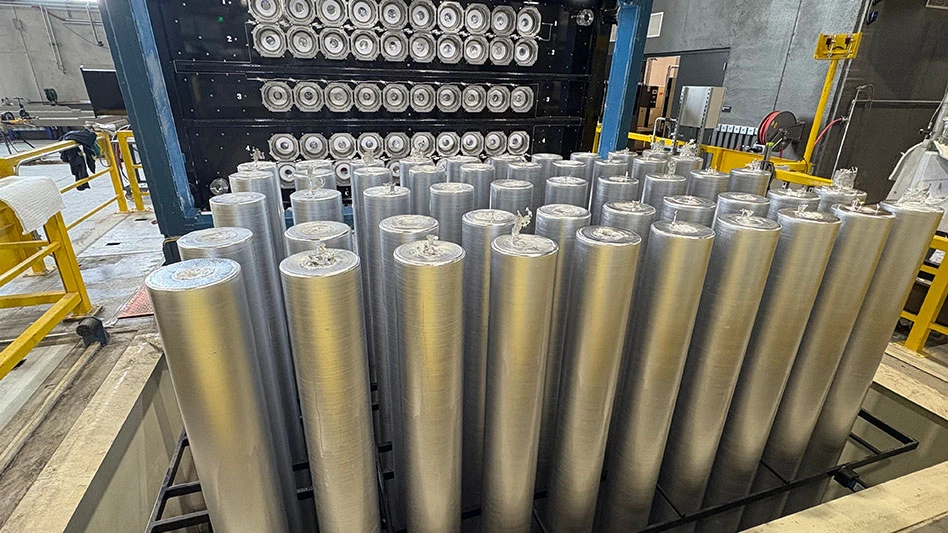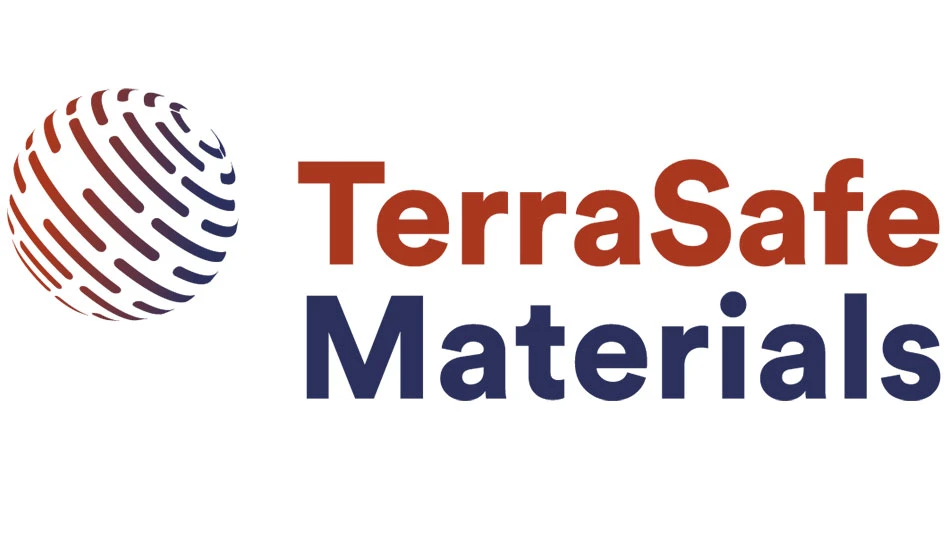 For the past 15 years, the People’s Republic of China has imported enormous amounts of scrap materials from the European Union, North America and any other part of the world where scrap can be placed into an ocean-going container.
For the past 15 years, the People’s Republic of China has imported enormous amounts of scrap materials from the European Union, North America and any other part of the world where scrap can be placed into an ocean-going container.
In 2013, with the advent of Operation Green Fence, the expectations regarding quality for shipment into China increased considerably, although Green Fence was far from the first quality improvement step that has been taken by China’s government agencies.
For several years, China’s Administration of Quality Supervision, Inspection and Quarantine (AQSIQ) has required shippers to be licenced before they send containers of scrap materials to a Chinese port.
The AQSIQ licensing and renewal processes are considered complicated and thorough by many exporters, who also have learned that delays and rejections when seeking licencing can be a genuine setback.
Simon Du founded Beijing-based K&C International (www.aqsiqservice.com) specifically to help overseas recyclers overcome the linguistic and procedural barriers that can make the AQSIQ application process difficult.
In the following Q&A with Recycling Today Global Edition Editor Brian Taylor, Simon comments on some of the difficulties inherent in the licencing process as well as some solutions a Chinese-speaking consultancy can offer.
Recycling Today (RT): What types of scrap exporters benefit from having an AQSIQ licence?
Simon Du, K&C International (SD): Scrap exporters exporting renewable resources like scrap paper and plastics, smelting slag, scrap metal, scrap wire and cables, scrap hardware appliances, old motors and compressed pieces of scrap automobiles and so on to China can all benefit from having an AQSIQ licence. This is mainly reflected in two aspects: first, they will be qualified for exporting to China; second, they can directly export the goods to a Chinese port without the limitation on the quantity of the goods.
RT: What are some of the difficult steps to obtaining a licence?
SD: There are several difficulties in obtaining an AQSIQ licence. First, due to the language barrier, scrap exporters may not be able to directly search for or read China’s current policies or policy updates. We’ve encountered more than once foreign suppliers who have prepared documents for the AQSIQ licence application following the old abolished laws. It is a very realistic and serious problem.
Second, the enterprises applying for an AQSIQ licence must first obtain an ISO9001 or RIOS licence.
Third, foreign suppliers usually can’t fully understand the government’s specific requirements on different documents, so they often can’t prepare properly or fail to meet the requirements. In addition, as they are not familiar with the Chinese regulatory framework, the environmental control standards for different goods, and the rules of the game as to how AQSIQ, CCIC, CIQ, MEPC and Customs do their work and cooperate with each other, the enterprises’ operation systems and goods inspection standards cannot meet the requirements of those Chinese agencies.
Fourth, during the official process of confirming the ISO9001 licence and operation system with ISO institutes, many problems emerge, which often cause the application to grind to a halt.
Fifth, even if the AQSIQ licence is obtained, it still could be a difficult step to receive the original AQSIQ licence and USB (universal serial bus) key, as a few countries do not allow such devices to enter their countries. As well, some enterprises do not know how to use the USB key after receiving it. These are all very practical problems.
Last but not least, Chinese officials will pay a random inspection visit to the enterprises after they obtain an AQSIQ licence, which can lead to potential problems for foreign suppliers.
RT: How can working with a consultant such as K&C International benefit a recycling company?
SD: K&C International Consulting has a rich depth of experience and is an authoritative AQSIQ application consulting agency that understands China. We can provide European and American companies with correct information on laws and regulations, detailed requirements on application documents and procedures and help them avoid detours in the AQSIQ licence application process. Meanwhile, K&C International guarantees that all clients will obtain an AQSIQ licence and all customers will receive convenient, fast and guaranteed services.
RT: What are examples of why a company would seek changes to its AQSIQ licence?
SD: When a company changes its company name, legal representative, registered address or office address, the company needs to submit an application regarding such changes to the AQSIQ office. This is because during the valid time the company is responsible to keep all information on the licence correct and in effect. It should be noted that the company name and legal representative cannot be both changed on one licence. If they are both changed, you will need to apply for a new licence. To add a new item to the scope of business is also considered as a change. For example, if there is only plastic scrap listed on the AQSIQ licence and the company wants to add scrap metal, a change application will be required.
 RT: How can K&C International help a recycling company maintain its AQSIQ licence during the three-year licence period?
RT: How can K&C International help a recycling company maintain its AQSIQ licence during the three-year licence period?
SD: As we’ve mentioned, in order to maintain an AQSIQ licence within its valid time, foreign suppliers need to keep all information on the AQSIQ licence correct and effective. No matter which kind of changes they are coming across, K&C International can assist them with all these changes. As well, if a company is going through an on-site assessment by Chinese officials, we will provide professional instruction and training, prepare and perfect relevant documents, arrange the whole contingency procedure and assist the company to pass the assessment.
When a company is ordered to rectify itself due to the return of cargoes, we will assist the company in the rectification and remove the threat to its AQSIQ licence caused by the return of cargoes. And if a supplier is attacked or reported maliciously by its competitor, we will help the supplier clear the air. We will assist companies applying for the renewal of an AQSIQ licence to make it always valid. These four aspects are important tasks K&C International can perform for companies.
RT: Have there been important changes you can describe regarding recycling-related AQSIQ licencing in 2013 or 2014?
SD: In 2013, there was no change in the licencing policies. However, because of the “Green Fence” launched by China Customs, many companies are facing difficulties in their businesses. As the Chinese government is paying more and more attention to environmental protection, we think it will not choose to issue AQSIQ licences without limitations.
Therefore, it is vitally important for all suppliers to keep their AQSIQ licences effective.”
Simon Du of K&C International can be reached at simon@aqsiqservice.com or through his company’s website at www.aqsiqservice.com/english/aqsiq_contactus.asp.
Get curated news on YOUR industry.
Enter your email to receive our newsletters.
Latest from Recycling Today
- Closed Loop Partners adds private equity managing director
- European Commission drafts new rules for chemically recycled content in plastic bottles
- Redwood Materials launches Redwood Energy
- Cirba Solutions announces new human resources executive
- Cascades to close packaging site in Niagara Falls, New York
- The Glass Recycling Foundation awards $137K in grants
- Goodwill Industries of Ontario Great Lakes and Rotogran International announce collaboration
- Textile Recycling Expo USA launches in Charlotte, North Carolina






